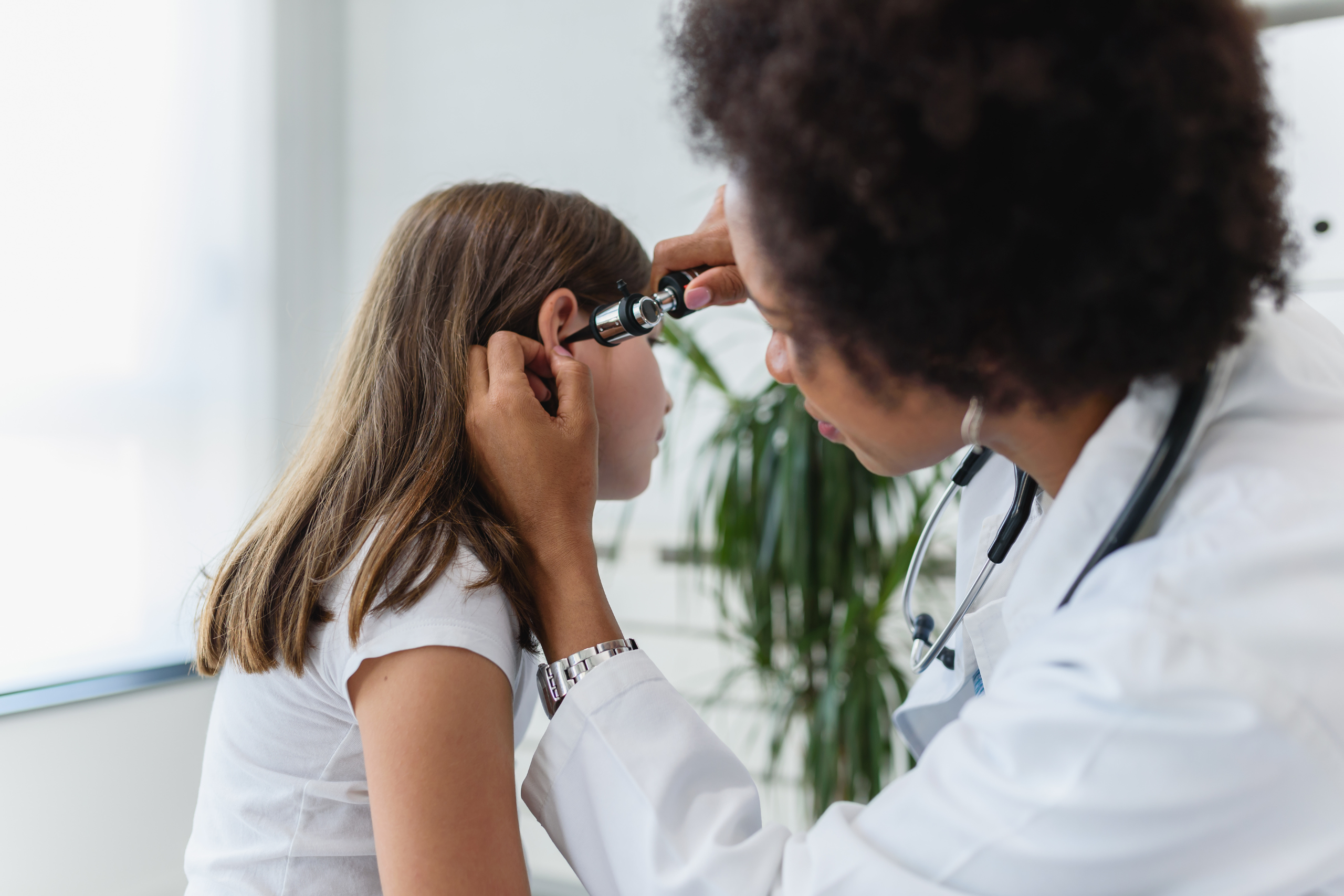Discover how to avoid swimmer’s ear and complications beyond this summer season
It’s officially summer which means swimming pools, waterparks, beaches, and all things water fun. Summertime brings fun, but challenges to health can be heightened during this season. Discover how you and your loved ones can avoid swimmer’s ear.
Swimmer’s ear is sometimes only thought of as a children’s infection, however, anyone of any age can be diagnosed with a swimmer’s ear infection. A CDC case study noted that the number of swimmer’s ear cases peaked during June, July, and August, with 44% of the year’s cases being in these months.
Important note: Swimmer’s ear is commonly marked as contagious. It is not contagious.
What is Swimmer’s Ear?
An infection in the ear, caused by water trapped in the ear canal, leaving a growing ground for bacteria is swimmer’s ear. Unlike the typical ear infection many of us know, where there is an experience of extreme ear pain but no visible signs of harm, swimmer’s ear has many noticeable symptoms.
Swimmer’s Ear Symptoms
- Itchy ear lobe
- Foul-smelling drainage
- Pain around the earlobe
- Redness and swelling
Swimmer’s Ear Treatment
It is important that if you or your child are experiencing any of the following symptoms in the ear, visit an expert medical professional for their opinion. Swimmer’s ear is simple to treat with over-the-counter medicine at home, but you want to ensure that swimmer’s ear is the actual cause for concern and not something more extreme like a ruptured ear drum.
The typical at-home treatment is ear drops and keeping the ear completely dry. In the ER, the typical treatment is an accurate diagnosis, alleviation of symptoms, and prescribed antibiotic drops.
Wylie ER’s expert team is equipped to treat serious infections like swimmer’s ear and alleviate symptoms 24/7/365.
Swimmer’s Ear Prevention Tips
Swimmer’s ear is more prominent in children, but anyone can be diagnosed with the infection. Here are four helpful tips for prevention:
- Use a swimming cap or earplugs when swimming
- Use a towel to completely dry ears after swimming or bathing
- After long hours of swimming, tilt the head to each side to let the water drain out the ear canal
- Put 3-5 drops of rubbing alcohol (isopropyl) into each ear after swimming
What happens if swimmer’s ear goes untreated?
Swimmer’s ear does not just go away on its own. The infection must be treated properly to prevent further health complications such as:
- Temporary hearing loss from swollen or inflamed ear canal
- Tinnitus or ringing in the infected ear
- Recurring ear infections
- Bone and cartilage damage
- Damage to the nearby tissue, skull, brain, or the cranial nerves
Wylie ER can alleviate the situation 24/7. It is highly recommended to seek medical attention for something that may seem as simple as an ear infection to prevent further damage. Our team of expert physicians, matched with advanced technology, can get you and your loved ones feeling better quicker. Open 24/7/365 – come on in!
Disclaimer: As a service to our readers, Wylie ER and Nutex Health state no content on this site, regardless of date, should ever be used as a substitute for direct medical advice from your doctor or other qualified clinician.





Comments are closed